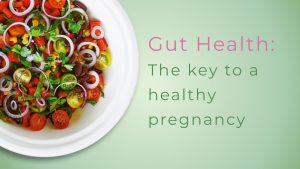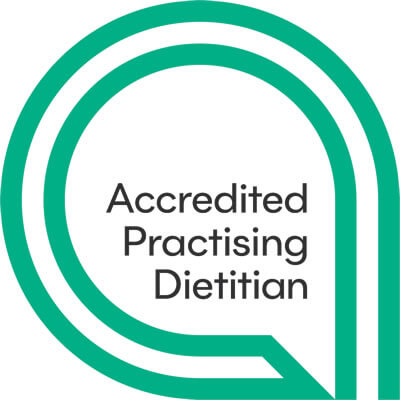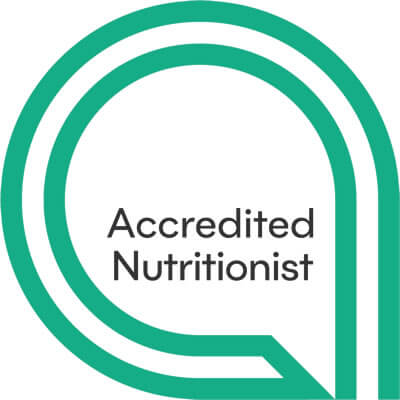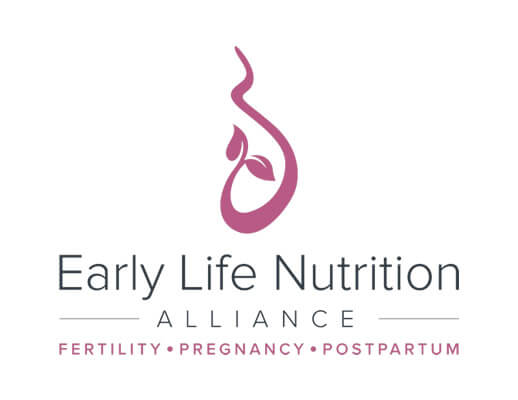Congratulations, you’re pregnant! The excitement of the first trimester can often be overshadowed by the changes you are experiencing in your body with challenges including restlessness, cravings, exhaustion, nausea and vomiting. Often referred to as morning sickness (although really it can occur at any time of day or night!), nausea and vomiting can be particularly debilitating. I see many new mums feeling anxious as they struggle to hold much food down, knowing that what they eat and drink is now impacting their baby growing inside.
Understanding the interaction between nutrition and morning sickness can be helpful in finding strategies to manage the nausea while still supporting your body and your baby’s needs at this early stage in your pregnancy. A pragmatic and gentle approach to your food choices can really help to mitigate the effects of morning sickness and lay the foundation to a healthy pregnancy.
Understanding Morning Sickness
Nausea and Vomiting of Pregnancy or morning sickness affects as many as 80% of pregnancies. It is largely attributed to hormonal changes occurring during the first trimester and, while uncomfortable, typically poses no direct harm to the baby. When vomiting is severe and ongoing, it is important to consult your doctor as around 1 in 1000 women will experience hyperemesis gravidarum (HG). HG requires medical care as it results in an inability to keep enough food and fluids down, leading to potential deficiencies in essential nutrients and hydration, crucial for both you and your growing baby.
A recent study “Nausea and vomiting in early pregnancy”, showed that pregnant women with mild to moderate nausea, tend to eat less vegetables, rice, pasta, breakfast cereals, beans/ pulses and citrus fruits while eating more white bread. They drink less tea, coffee and fruit juices and more soft drinks. Although food quality later improves in most pregnancies, the challenges in early pregnancy can contribute to fatigue and anxiety.
Effective management of these symptoms is crucial for sustaining adequate nutritional intake.
In my experience as a dietitian, dealing with morning sickness can really disrupt your overall well-being and mental health, impacting your energy and the quality of your daily rhythm. Understanding that morning sickness doesn't last forever and finding simple ways that work for you to reduce symptoms can be a game changer to improving your first trimester.
Best Foods for Managing Morning Sickness
I hear you saying that you can’t think of eating anything during this time but here’s the catch - Not eating when you are nauseous can actually exacerbate the feeling. This is because dips in your blood sugar levels cause feelings of nausea making your morning sickness even worse. So, my number 1 strategy to keep the nausea at bay is to eat something small at regular intervals throughout the day (this might even be every 2 hours). Eating little and often helps to stabilise your energy levels and provides windows of opportunity to give you a steady supply of nutrients.
Finding what that ‘something small’ might feel like a bit of a puzzle so here are my top 5 tips to help ease that queasy feeling:
- Plain, dry and crunchy: Foods like grainy crackers, rice cakes, corn thins and wholemeal toast are easy to digest and can help particularly first thing in the morning.
- Protein power: Protein is your friend as it can improve nausea and stabilise blood glucose levels. Foods like cheese, natural peanut butter or baked beans with your grainy crackers or toast.
- Keep it cold: Food that’s cold or room temperature may be better tolerated. This is often related to warm food having stronger odours which may trigger nausea. Try cold fruits, vegetables, smoothies and yoghurt.
- Keeping sipping: Being dehydrated can worsen nausea. Drinking small amounts of cold water regularly, choosing soups, herbal tea and fresh juices as a great way to keep your liquid intake up. Adding some flavour or fizz can help alleviate the nausea too - infuse your cold water with citrus and mint, choose carbonated water to settle your stomach.
Ginger vibes: Ginger is a great and natural go-to remedy for nausea. Whether it's ginger tea, ginger ale (with real ginger), crystalised ginger or ginger biscuits, this root can help soothe your feelings of nausea.
What about Prenatal supplements?
Your prenatal supplements may be aggravating your nausea however these still form a crucial part in supporting you and your baby’s early development and should not be stopped during the first trimester. Certain key nutrient supplements can help reduce your nausea too.
A specialist Prenatal Dietitian can give you personalised advice to find the best supplements for you and a plan for ‘what, when and how’ you take your supplements to ensure you are able to tolerate them despite your nausea. If you need guidance, book our Express Prenatal Supplement Consult to find the best solution for you. This will give you peace of mind that you are meeting your baby’s unique nutrition requirements during the first trimester.
Personalised Nutrition Support for Navigating Morning Sickness
Dealing with morning sickness is undoubtedly one of the more challenging aspects of pregnancy. Remember, what works for one person might not work for another, so it’s all about finding what suits you best. Finding what foods and strategies work best for you and making adjustments as needed can have a profound impact on your pregnancy journey.
At Simple Steps Nutrition, we understand the unique nutritional needs and challenges that come with each stage of pregnancy. We're here to offer personalised advice and support, helping you and your baby achieve optimal health. If you're finding it difficult to manage morning sickness or have concerns about your nutrition during pregnancy, please book an appointment. Together, we can create a customised plan that suits your needs, preferences, and lifestyle. If you have questions, book in a complimentary Clarity call to understand how we work and can support you on your pregnancy journey.
Remember, you're not alone in this. With the right support and information, you can navigate morning sickness and enjoy a healthy, happy pregnancy.
STUDY: Nausea and Vomiting During Pregnancy - Effects on food intake and diet quality








